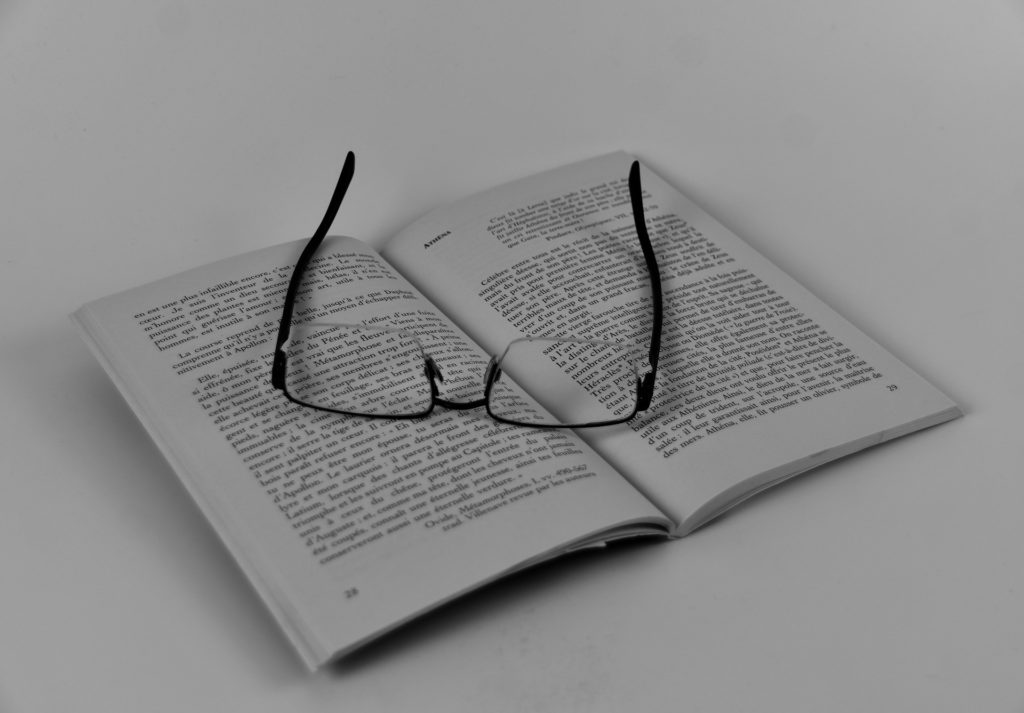Although learning a language takes time, oftentimes we don’t have that time to spare. However, if you’re in this situation, then don’t panic! We’ve put together a number of tricks and tips for you to learn French quickly.
These tips are the result of our language learning experience (every member of our team speaks at least 3 languages) and our tests on the various techniques, methods and tools to achieve results and speak French quickly.
How to Learn French Fast
Careful: We don’t mean becoming bilingual.
The goal is above all to feel comfortable with the French language in a few weeks, in order to be able to participate in a conversation without feeling lost, or start a discussion in French without blushing.
Our Tricks on How to Learn French Fast
Trick #1: Only learn useful vocabulary and phrases
Otherwise, it is useless to learn some words that you will not need (at least not in the immediate future).
Do we really have to remember Pareto’s principle? You just need to learn 20% of the things you will need in 80% of cases to speak French quickly. When you learn only the most vital things, you will gain a lot of spare time.
Only learning the useful vocabulary will focus you on what is called “frequency lists”. What is that? Lists of words that have been created based on the frequency or use of words, generally grouped by subjects. In this Wikipedia article, for example, you will find listings of French frequency, that is, the frequently used word lists. Another example: Our learning apps are based on frequency lists to provide the most useful vocabulary to begin with in clearly defined themes.
Note: Vocabulary lists are not the same from person to person, but vary greatly according to your goals. The usefulness of a word depends on your learning goal. So, would you like to speak French quickly to go on holiday in a French-speaking country? You need the list of “tourism” vocabulary. Do you have to pass an exam? You need the list of technical vocabulary. Do you want to relate to a Parisian correspondent? List of social and / or sentimental vocabulary with maybe even a little slang. The reasons are so many and they do not point you to the same list of words.
To find the vocabulary list for you, we recommend the MosaLingua (FREE) handbook created according to various topics (hobbies, tourism, shopping, feelings, etc.).
Trick #2: Practice with native speakers… whatever your level!
In general, you do not have to be afraid to start. Practicing a language is the best way to learn quickly. Yes, but you’re wondering, “how can French practitioners be in their own room or in a city where French is very rare?”
There are several language exchange sites like Tandem and HelloTalk. These are sites that will allow you to find correspondents abroad (preferably in your mother tongue) and converse with them via Skype or in chat rooms within the sites. It’s what’s called a language tandem. The best way to speak French fast? Talk about one hour a week with a French native speaker (half an hour in French and half an hour in English). And you will see that you can learn French quickly… without ever having to leave your room.
In this video I explain why you do not have to go abroad to learn a language:
If you are afraid of making mistakes: don’t panic! Speaking a foreign language is like playing a sport: you have to practice if you want to get better.
And to start off on the right foot, here are our tips for successful language exchanges:
3 Suggestions for Getting the Most out of Online Conversation Courses
How to Find Conversation Partners? The Best Language Exchange Sites
Take a look at this video with 5 tips to improve your French pronunciation:
Trick #3: Correct your mistakes so you don’t repeat them
A super-effective way to make progress is to pair a foreign-language text correction website, like Langcorrect or the “Moments” section of HelloTalk, with your MosaLingua app.
The first way to use MosaLingua is by helping you not repeat a mistake using its repetition system. That is, when you correct a text, take a phrase with a mistake and create a new personal note in the app to learn the correct form. In general, you can use the following form:
- back: the phrase in the language you are learning (with correction): Ex: “Lucia pense être la plus belle (NOT pense d’être)”
You can also add an explanation to the note to memorize the rule. In this case, it would be Thanks to the powerful MosaLingua replication system, you can permanently store these cards and you will not repeat the mistakes anymore.
A second way of using the MosaLingua app to improve writing goes through a new feature. If you notice a spelling mistake or if a native speaker (e.g. your conversation partner) tells you one word in particular, you can search for it on MosaLingua and add it to your learning list. If it does not exist in your app, you can create a custom card.
In both cases you will be able to write to the app during the writing stage, as writing a word will help you memorize your spelling.
Trick #4: Take advantage of ALL the spare time in your day
In a typical day, there is plenty of downtime. Examples? Waiting in line, on the subway, at the bus or tram stop, in the bathroom (yes, even then!), in bed before falling asleep…
The idea is to make the most of these dead times to listen to the radio, watch a video on YouTube with your smartphone, listen to a podcast (see our list with the best to start) or even review your MosaLingua flashcards. All downtime is good for diving into French (see advice on regularity and repetition).
Tip #5: Make learning fun
Many of us learned a language at a language course at school where you had to memorize lists of irregular verbs, which was usually nothing exciting. However, that doesn’t mean that you have to learn French the boring way now! Learning a language quickly doesn’t mean learning a language the old-fashioned, boring way. You can make your language learning process fun and dynamic.
When we learn a language we pass through four stages: listening, reading, speaking, writing. Here we focus on the second point: listening comprehension. An essential point if you think of going to live in a French-speaking country or simply to speak with a native speaker. To accustom your ear to French, to distinguish the different nuances of pronunciation, to learn new vocabulary. You can simply
- Listen to the radio with the site and the free Tune In app
- Watching a movie in French by choosing from our French movie list
- To follow a French series to choose from a nice list …
- Listen to podcasts in French
- Playing with video games
- YouTube channels in French and there are also kids (useful if you are a beginner)
- Read books in French, even for children
Fun and super-effective activities to speak French quickly (or at least to understand French quickly). And to match this advice to the previous one you can also read in French (news, newspapers, magazines) as you are waiting in the queue, in the bathroom or in the subway, or sing French songs aloud. So you can improve your written understanding by taking advantage of down time.
Tip #6: Forget about grammar (for now)
Although grammar is useful for understanding the mechanisms of a language, it is not essential. Or at least not for the early days and not for learning to talk quickly. There is no need to know all the grammatical rules. Worse: grammar learning can be a brake for your oral expression (there is no time to think about grammar when speaking) and your motivation. Practicing language is essential to learning it.
If you already have very little time, you do not have to waste it with grammar, which is not indispensable. In the beginning, concentrate on useful vocabulary. Learn the type phrases in which conjugations and grammar are already built. Distinguish which context (s) you should use these phrases and use them. In addition: the result is that when speaking, it will be more natural than thinking for a few seconds “but I must say one or the other”.
To deepen this topic, I suggest you read our article explaining when and how to learn grammar.
Tip #7: Practice, practice, practice
Last, but not least, repetition is key. Regularity is the key to making progress quickly. It’s best to learn 10 minutes a day everyday then to do long sessions every once in a while (like 4 hours once a week for example). The ideal would be to use a 10-minute subway ride (to match “regularity” and “down times”, see?).
If you are afraid of failing to study French regularly you can set goals. Setting a goal will help keep you motivated, and is an essential aspect in learning a language. Why, for example, not get into the 30-day challenge? The advantage is that the 30-day challenge creates a habit from which you will struggle to break away. This learning habit will then automatically become acquired. You can also set the goal of learning 10 words per day, 300 words per month, and so on.
Speaking French Quickly is Possible, Now it’s Up to You!
Whether you have three months, a month or three weeks, you’ll see that by practicing these tricks/techniques will make progress fast and you will get incredible results. But be aware that for these tricks to work, you need to be MOTIVATED and regular!
So, are you ready to speak French, fast?
Don’t forget: you can get our conversation guide free of charge.






Comments